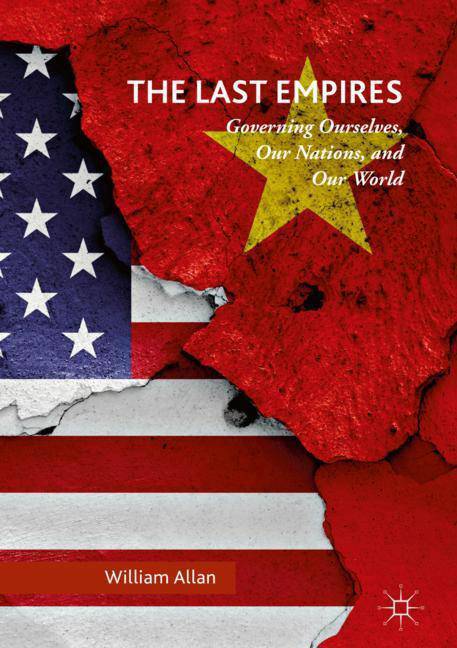
- Afhalen na 1 uur in een winkel met voorraad
- Gratis thuislevering in België vanaf € 30
- Ruim aanbod met 7 miljoen producten
- Afhalen na 1 uur in een winkel met voorraad
- Gratis thuislevering in België vanaf € 30
- Ruim aanbod met 7 miljoen producten
Zoeken
€ 153,95
+ 307 punten
Uitvoering
Omschrijving
This book is a forthright and novel examination of efforts to improve national and global governance over the last forty years. Much has changed since Michel Foucault considered, and rejected, economics and neoliberalism as a potential mechanism for individuals to govern themselves and their nations. Nonetheless, his approach, which focused on the evolution of social development through interaction of many disciplines and biopolitical forces, remains highly relevant. Neoliberalism became a dominant political force from the 1980s to the present. It has failed however to address issues of inequality, to ensure economic stability, or to tackle the problems of people and nations that have been marginalized by industrial progress and international conflict. Market forces alone cannot meet the needs of global society. Now, however, developments in behavioural theory, institutional theory and analysis, accounting theory and accountability practice are providing tools that are developing comprehensive and evidence-based measures of well-being that promise to broaden and strengthen the field of socio-economic policy-making. Resolute, albeit long-term, steps to establish widely accepted standards of accountability, the book argues, are essential to guide policies and address the formidable governance issues of global security, information technology, social inequality, and economic and financial crises that the world faces at the beginning of the 21st century.
Specificaties
Betrokkenen
- Auteur(s):
- Uitgeverij:
Inhoud
- Aantal bladzijden:
- 293
- Taal:
- Engels
Eigenschappen
- Productcode (EAN):
- 9783319599595
- Verschijningsdatum:
- 27/10/2017
- Uitvoering:
- Hardcover
- Afmetingen:
- 173 mm x 196 mm
- Gewicht:
- 556 g

Alleen bij Standaard Boekhandel
+ 307 punten op je klantenkaart van Standaard Boekhandel
Beoordelingen
We publiceren alleen reviews die voldoen aan de voorwaarden voor reviews. Bekijk onze voorwaarden voor reviews.








